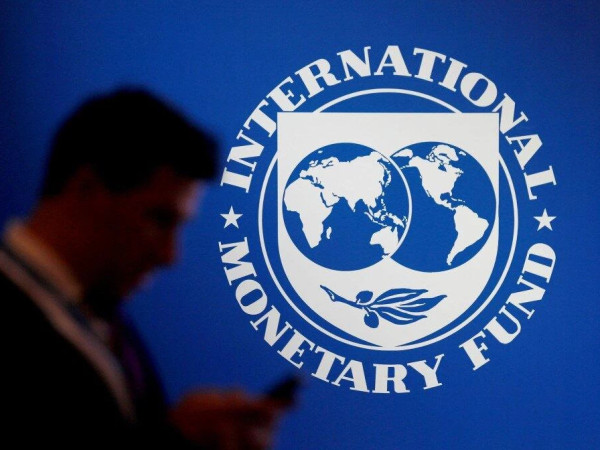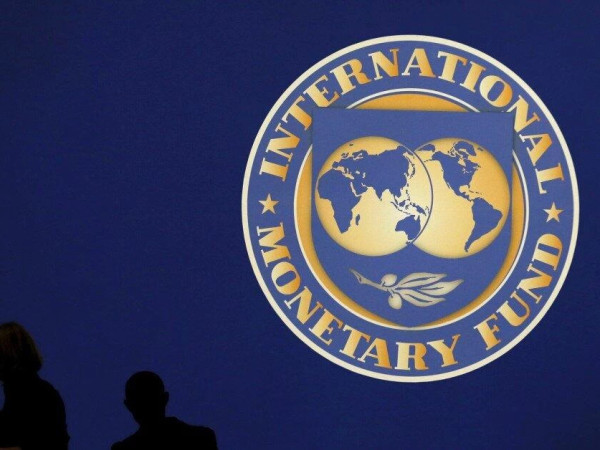Governments should consider raising taxes on the wealthy to help pay for the cost of Covid, the International Monetary Fund says.
It suggested a temporary increase in taxes on wealth or high incomes could help tackle inequalities that have widened due to the crisis.
In its fiscal report, it added the move would help the worst affected by the pandemic feel a sense of cohesion.
But the organisation urged governments to "carefully assess trade-offs".
The International Monetary Fund (IMF) pointed to the reform of current policies on inheritance taxes or property, for example, before turning to wealth taxes.
"To help meet pandemic-related financing needs, policymakers could consider a temporary Covid-19 recovery contribution, levied on high incomes or wealth," the report said.
"To accumulate the resources needed to improve access to basic services, enhance safety nets, and reinvigorate efforts to achieve the sustainable development goals, domestic and international tax reforms are necessary, especially as the recovery gains momentum," it said.
A wealth tax typically targets the assets owned by taxpayers, such as property or investments. Its use has declined in recent decades.
The Wealth Tax Commission in the UK last year found that a one-off wealth tax at a rate of 5% over £500,000 per individual would raise £260bn in the UK. It warned that an annual wealth tax would be harder to deliver as rich individuals were likely to change their behaviour to avoid being squeezed.
Vitor Gaspar, the director of the IMF's fiscal affairs department, added: "Pre-existing inequalities have amplified the adverse impact of the pandemic. And, in turn, Covid-19 has aggravated inequalities. A vicious cycle of inequality could morph into a social and political seismic crack."
It said during the pandemic, younger and poorer people had suffered most, being at greater risk of losing their jobs or incomes.
In the lender of last resort's recent economic outlook report, it forecasted a stronger economic recovery than expected, both globally and in the UK, than it had done in January.
It expects, however, that recoveries will diverge dangerously within and between countries too.
Countries with slower vaccine rollouts, more limited support from economic policy, and those more reliant on tourism are likely to do less well.
Source: BBC















